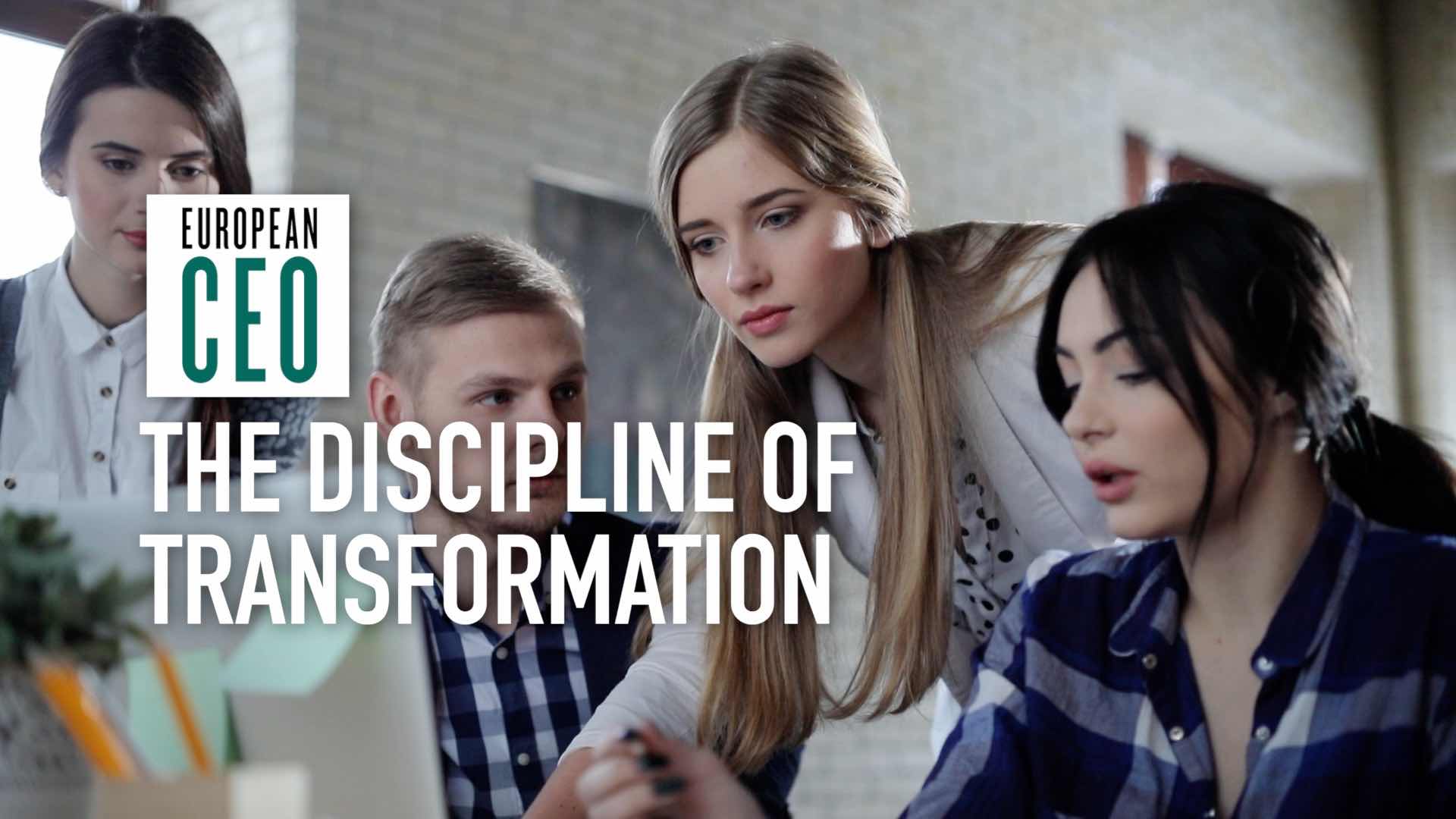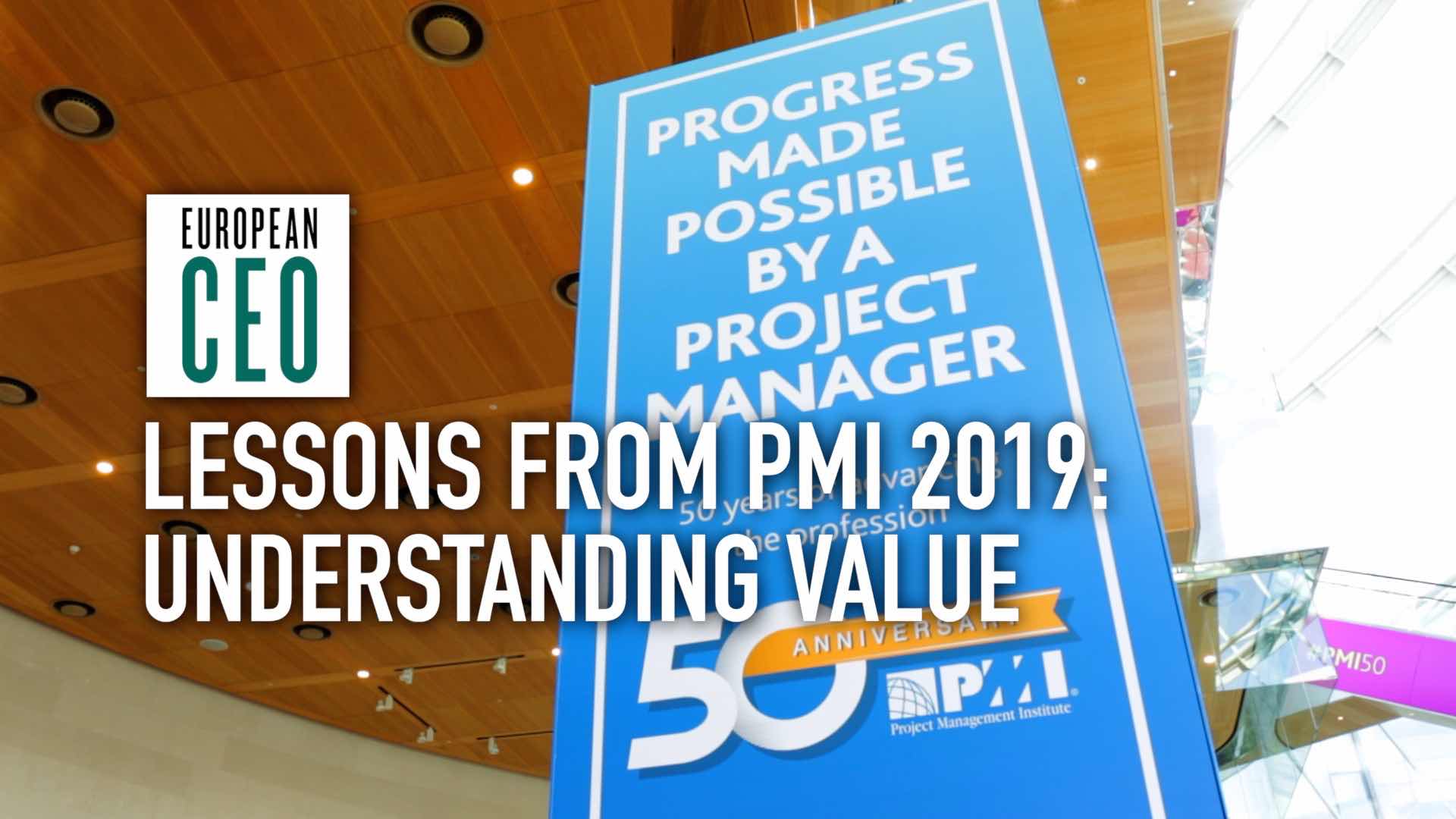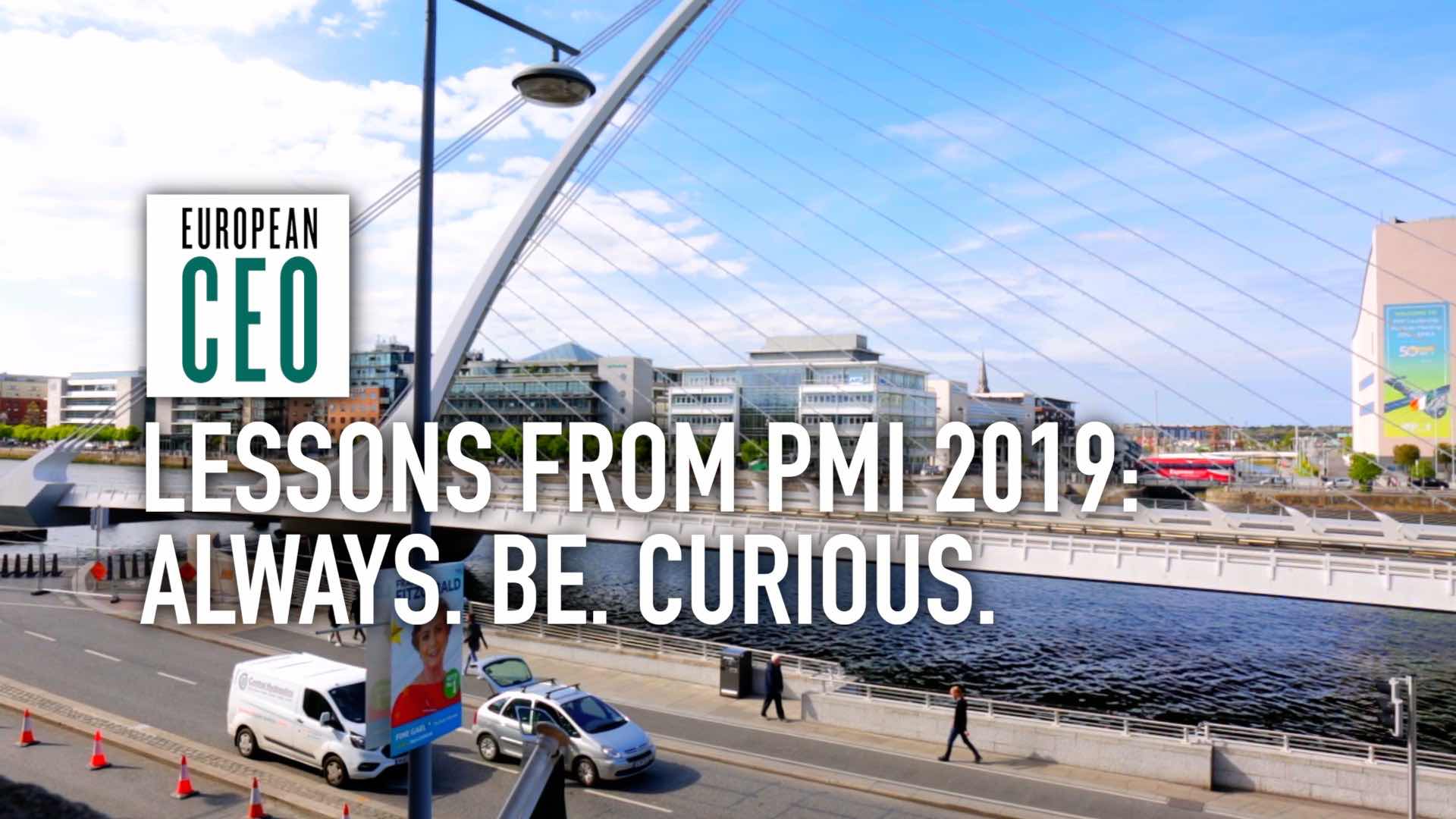The Project Economy: What it means for the world, business, and you
'The world is becoming projectified,' says PMI's new president and CEO, Sunil Prashara – so what is the project economy, and what does it mean for your skillset?
Transcript
As part of Project Management Institute’s 50th anniversary renewal, it’s launched a new focus on what it’s calling the Project Economy. President and CEO Sunil Prashara explains what this means – from the radical and disruptive changes the world needs to make, through business strategy and transformation, to the everyday professional.
European CEO: Sunil, what do you mean by Project Economy, and what does it mean for organisations moving forward?
Sunil Prashara: Yeah, so, project economy for us – there’s two definitions. There’s one at the individual and corporate level, and there’s one at a, sort of, global level. And I think it’s a cause-and-effect.
You know, there’s a lot of big things that are happening around the world, which are resulting in the countries in those parts of the world changing. For example, in the Middle East: if oil demand is declining, and alternative energy source demand is increasing. If you’re an oil producer, you might be thinking, ‘Well okay, I’m probably good for the next 50 years, maybe even 100 years. But I do need another story. So how do I go out and build another story?’ And they’re pushing very hard in alternative energy sources, healthcare, tourism. Changing what each of those companies wants to be, to maintain their GDP, and maintain their relevance in the marketplace.
That causes in that company a change. A project. So the world is becoming projectified, because of these tectonic shifts.
You could say the same thing in Africa; I’ll give you another example. 2050, the population of Africa is expected to be 2.4 billion people. It’s 1.4 billion today.
They have to build 65,000 homes a day, every day, for the next 30 years to accommodate those people. How many hospitals? How many schools? How many roads? Who’s going to do that? How’s that going to happen? And which countries are going to be relevant when that happens? That is a huge amount of project work.
So if I’m an organisation, and my government is saying that in order for me to be relevant, I need to change the kind of services that I provide: that’s a transformation, that’s a change.
We believe that organisations are going to have to really rethink the way work is done in their businesses. So we’re seeing the world at the business level becoming projectified. And we call that the project economy, where you have teams of people moving between functional areas, without the boundaries of finance, HR, legal etc.
And the people you need in the organisation should all be able to be well-versed in project management disciplines, and the ability to execute. Because they’re going to be called upon to do that, moving from project to project to project.
European CEO: Now, what skills do project managers – and if everything is being projectified, professionals in general – need in order to thrive in the project economy?
Sunil Prashara: Well you definitely need to have a very strong understanding of technology. Technology is helping project managers and other professionals to optimise the way they do their work. So leveraging technology, leveraging big data to give you insights as to what your next step and decision should be.
We call it the technology quotient; not necessarily being a software developer, but having an appreciation for how technology can help you is very, very important.
When you look at specific skills, you still can’t run away from scheduling, planning, iterative processes for development, governance, risk management. You know, you also have to be able to pick the right methodology for how you execute on a programme, on a project.
The third skillset is empathy. And here’s something that technology really can’t get its arms around. Professor Tabrizi from Stanford University calls these the power skills. They used to be called the soft skills: empathy, cultural awareness, ability to be able to say ‘sorry.’ The ability to be able to be human.
A few years ago, these were soft skills, and the hard skills were, can you create a Gantt chart? Can you do an Excel spreadsheet? Can you manage a month end close? Concrete things which today are automated, systemised, codified. And those softer skills are now being called the Power Skills. They’re the things that make things happen.
So these are some of the skills that we advocate as PMI. You have to have an appreciation, an understanding of the hard skills. You can’t get past home base without that.
But what makes you stand out is when you have the softer skills, or the power skills, to be able to make things happen.
Sunil, thank you very much.


 PMI: There’s a lot of work to be done in the discipline of transformation
PMI: There’s a lot of work to be done in the discipline of transformation Understanding and delivering value | PMI EMEA Congress 2019
Understanding and delivering value | PMI EMEA Congress 2019 Why project managers need to always be curious | PMI EMEA Congress 2019
Why project managers need to always be curious | PMI EMEA Congress 2019